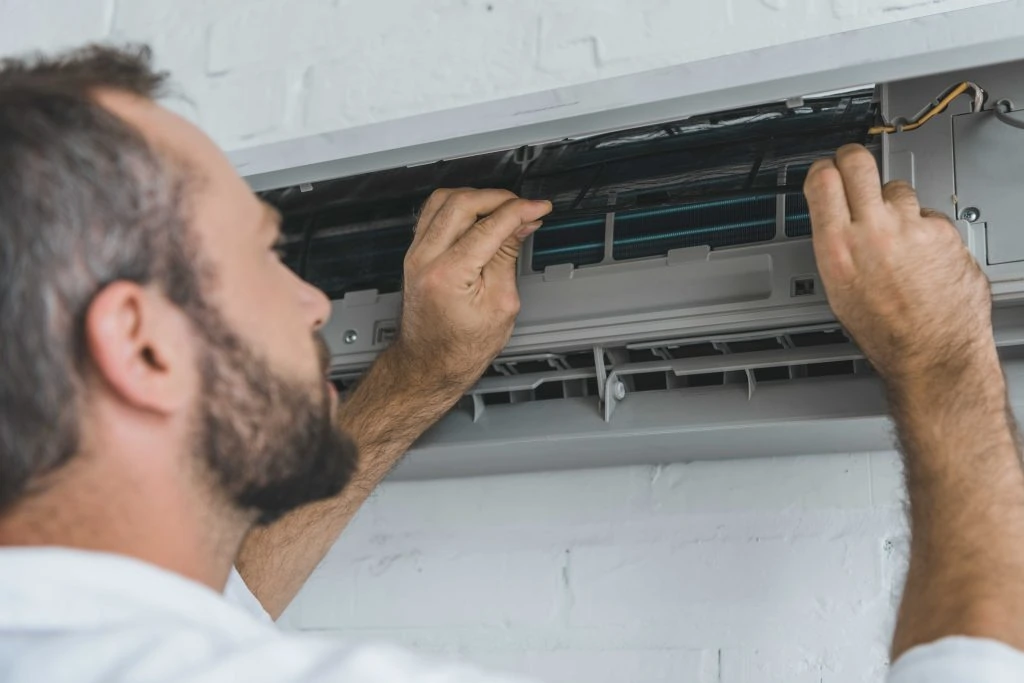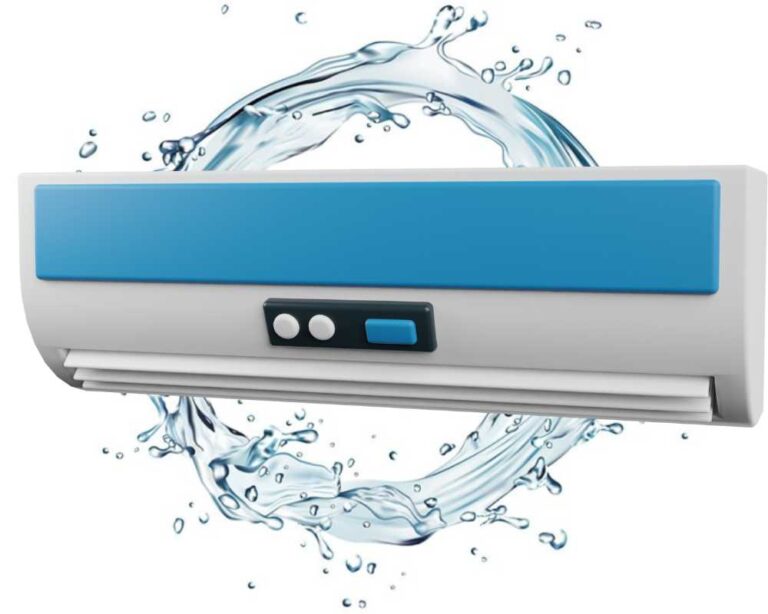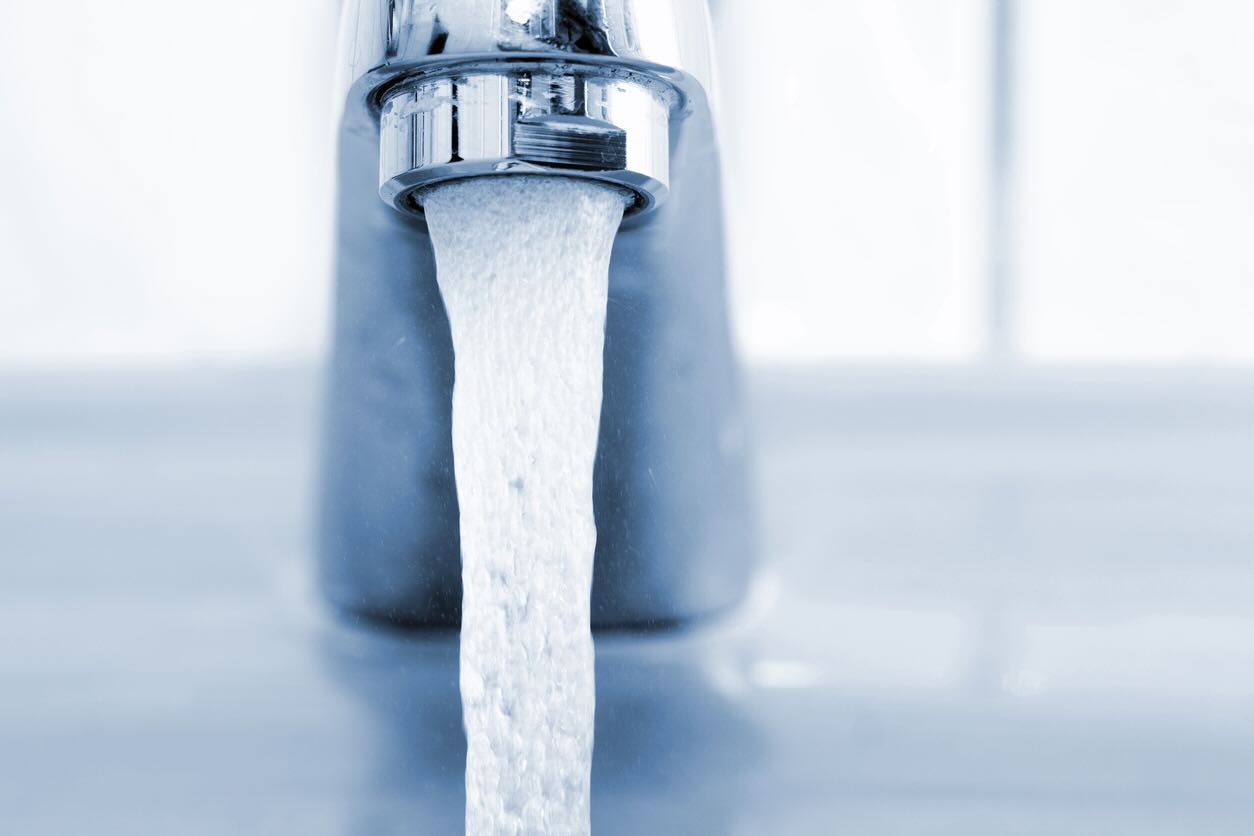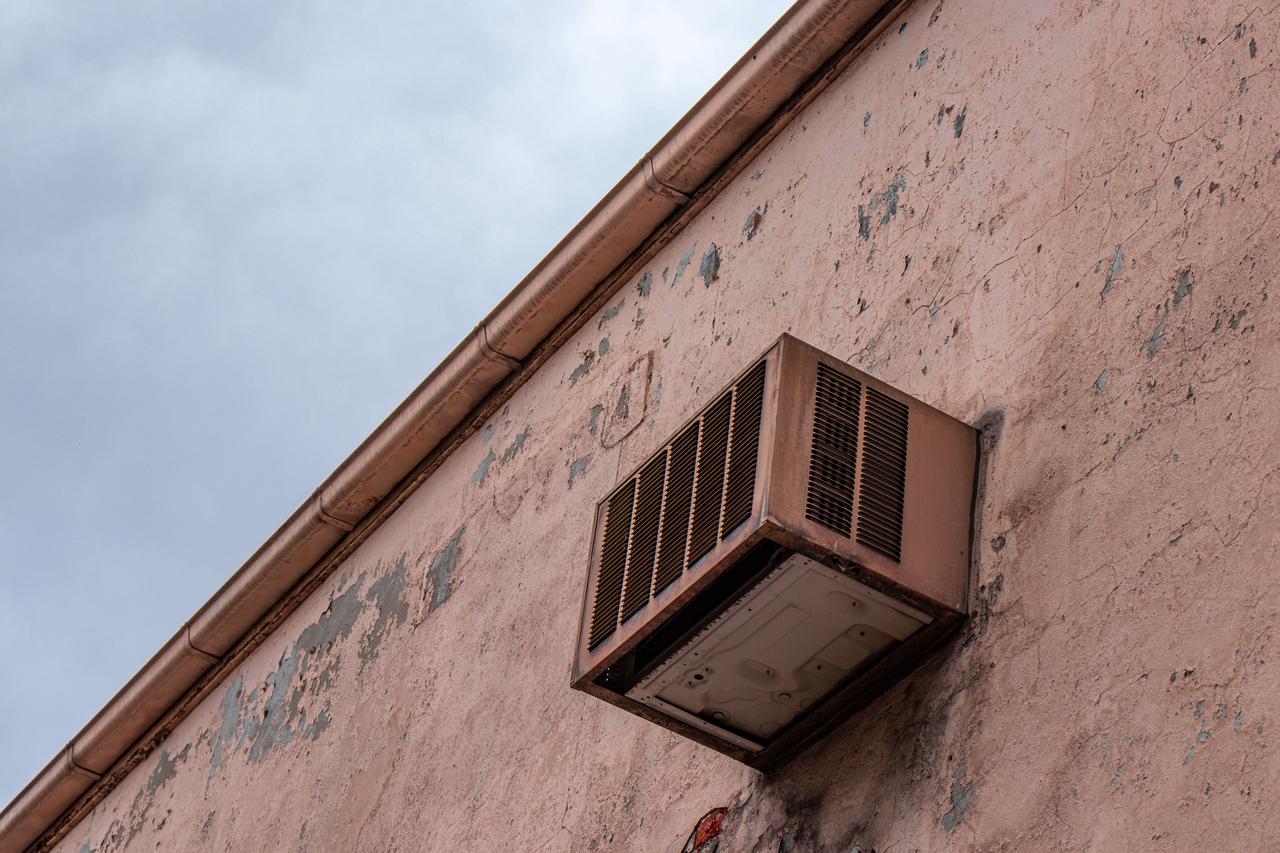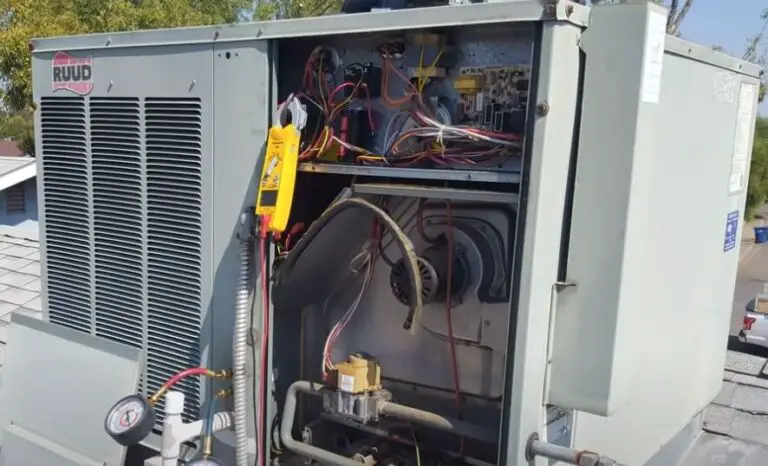Air Conditioner Sounds Like Running Water
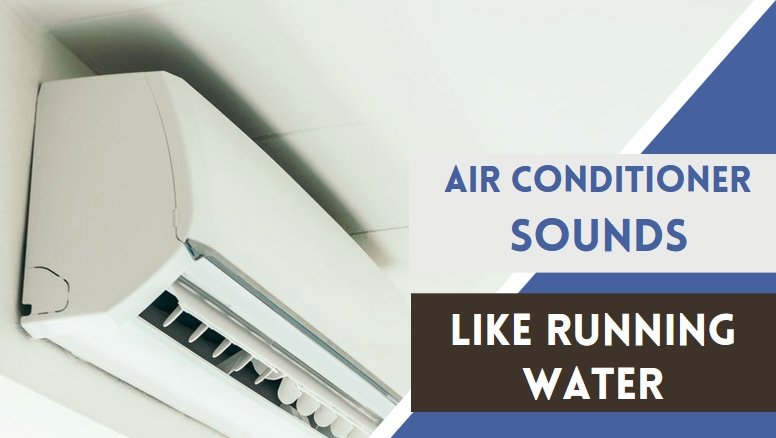
The late afternoon sun beat down with a determined ferocity, turning the usually cheerful living room into a miniature sauna. A bead of sweat trickled down my temple as I fanned myself with a magazine. Relief, however, was supposed to be just a button press away. But instead of the familiar hum of cool air, a distinct, disconcerting sound filled the room: the unmistakable gurgle of running water. Was my air conditioner turning into an indoor fountain?
That odd aquatic serenade emanating from your AC unit isn't just a quirky auditory experience; it's often a symptom of underlying issues that, if ignored, can lead to costly repairs and diminished cooling efficiency. Understanding the potential causes, from simple condensate drain clogs to more complex refrigerant problems, is key to maintaining a healthy and effective cooling system, and preventing a summer swelter.
The Unseen World Inside Your AC
Air conditioners, despite their ubiquitous presence in modern life, remain something of a mystery to many. We take for granted the seemingly magical process of turning hot, sticky air into a refreshing breeze. But the reality is a complex interplay of components working in perfect harmony.
At its heart, an AC unit works by circulating a refrigerant, a special substance that absorbs heat from the indoor air and releases it outside. This process involves a compressor, condenser, evaporator coils, and an expansion valve, all connected by a network of pipes.
Common Culprits Behind the Watery Sounds
So, what causes that unnerving sound of running water? More often than not, the prime suspect is a clogged condensate drain line. Air conditioners pull moisture from the air as they cool, and this condensation needs to be drained away.
The condensate drain line is a small tube designed to channel this water outside or into a drain. Over time, algae, mold, dust, and other debris can accumulate, forming a blockage that prevents the water from draining properly.
When the drain line is clogged, the water backs up, often into the unit's drain pan. This excess water sloshing around can create the distinct sound of running water that you're hearing.
Another potential, though less common, cause is a refrigerant leak. Refrigerant is the lifeblood of your AC, responsible for absorbing and transferring heat. A leak can cause a variety of problems, including reduced cooling performance and increased energy consumption.
When refrigerant leaks, it can sometimes create a bubbling or gurgling sound as it escapes, which can be mistaken for running water. This issue requires immediate attention from a qualified HVAC technician, as refrigerant is harmful to the environment and improper handling can be dangerous.
In some cases, the sound might be due to the normal operation of the system, especially during startup or shutdown. As the refrigerant cycles through the system, it can create various noises, including gurgling sounds.
DIY Troubleshooting vs. Calling the Professionals
Before reaching for the phone to call an HVAC professional, there are a few simple things you can check yourself. The first step is to locate the condensate drain line and inspect it for any visible clogs or obstructions.
Often, you can clear a minor clog by using a wet/dry vacuum to suck out the debris from the drain line opening. Alternatively, you can try flushing the line with a mixture of warm water and vinegar, which can help dissolve minor blockages.
However, if you suspect a refrigerant leak or are uncomfortable working with electrical components, it's best to leave the troubleshooting to the professionals. Refrigerant leaks require specialized equipment and knowledge to repair safely and effectively.
Ignoring the problem can lead to further damage to your system, potentially resulting in more expensive repairs down the line. A refrigerant leak not only impacts cooling efficiency, but it can also damage the compressor, a critical component of the AC unit.
According to the Environmental Protection Agency (EPA), improper handling of refrigerants can also have significant environmental consequences. Refrigerants, such as Freon, are potent greenhouse gases that contribute to climate change.
Preventive Measures: Keeping Your AC Healthy
Prevention is always better than cure, and this holds true for air conditioning systems as well. Regular maintenance can significantly extend the lifespan of your AC unit and prevent many common problems, including clogged drain lines and refrigerant leaks.
One of the simplest yet most effective preventive measures is to regularly clean or replace your air filters. Dirty filters restrict airflow, forcing your AC unit to work harder and increasing the risk of overheating.
The Air Conditioning Contractors of America (ACCA) recommends changing your air filter every one to three months, depending on usage and the type of filter. This simple task can improve your system’s efficiency and indoor air quality.
Scheduling annual maintenance with a qualified HVAC technician is also crucial. A technician can inspect your system for potential problems, clean the coils, check refrigerant levels, and ensure all components are functioning properly.
They can also identify and address minor issues before they escalate into major repairs. Think of it as a regular check-up for your AC, ensuring it stays healthy and performs optimally.
Beyond the Gurgle: Other Warning Signs
While the sound of running water is a common indicator of AC problems, there are other warning signs to watch out for. Reduced cooling performance, unusual noises, and increased energy bills can all signal underlying issues.
If your AC unit is struggling to keep your home cool, even when set to a low temperature, it could be a sign of a refrigerant leak or a problem with the compressor. Don't just crank the thermostat lower; investigate the cause.
Unusual noises, such as banging, hissing, or screeching, should also be investigated promptly. These sounds could indicate a variety of problems, from loose components to a failing motor.
A sudden spike in your energy bills could also be a sign that your AC unit is working harder than it should. This could be due to a variety of factors, including a dirty air filter, a refrigerant leak, or a malfunctioning compressor.
Embrace the Cool, Responsibly
The sound of running water emanating from your air conditioner is more than just an annoyance; it's a message from your cooling system, alerting you to a potential problem. By understanding the common causes, taking preventive measures, and seeking professional help when needed, you can ensure your AC unit continues to provide cool, comfortable air throughout the summer months.
Ignoring these warning signs can lead to more significant problems and higher repair costs in the long run. Taking proactive steps to maintain your AC unit is not only good for your comfort but also for your wallet and the environment.
So, the next time you hear that telltale gurgle, don't ignore it. Investigate, troubleshoot, and take action. Your cool, comfortable summer depends on it.
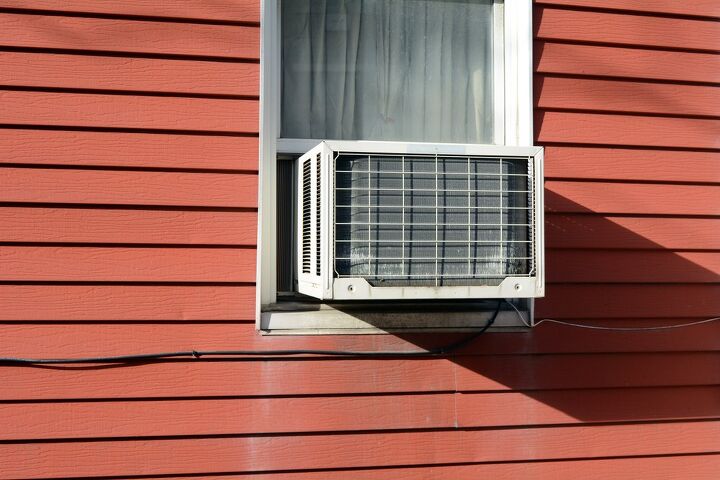


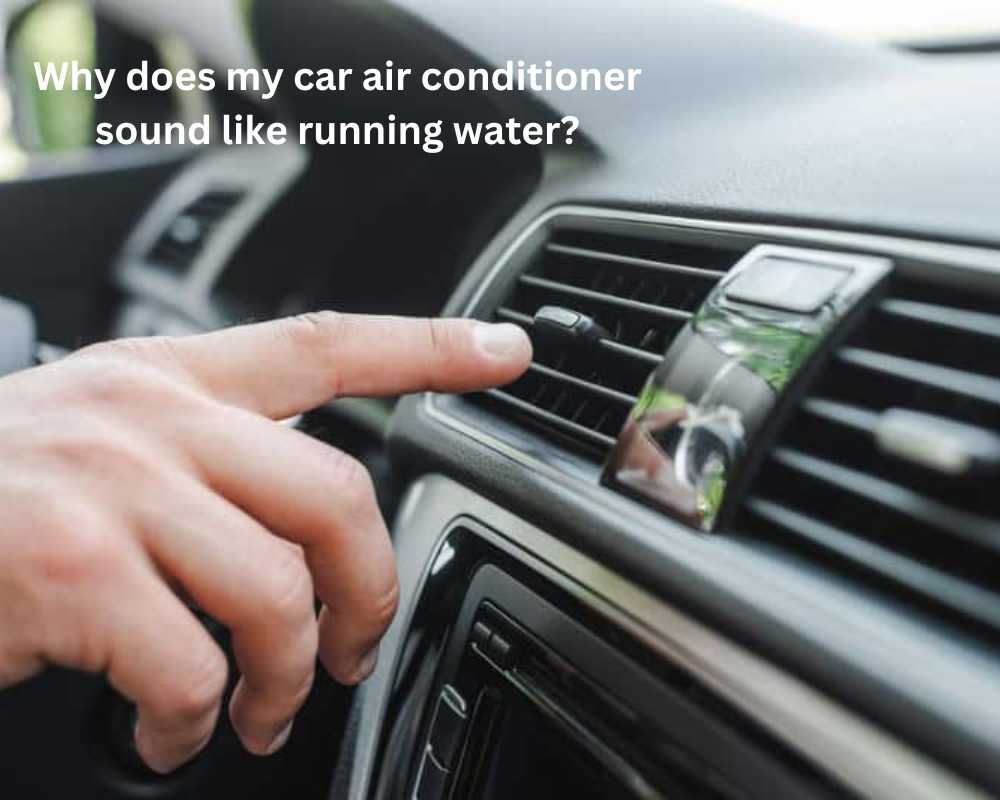

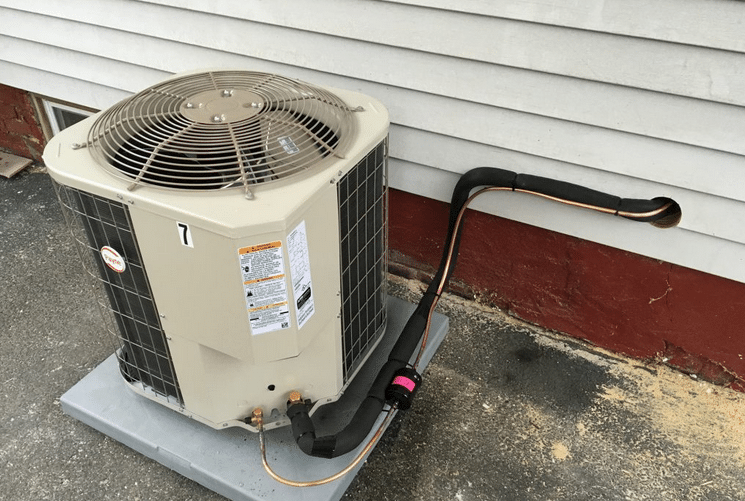
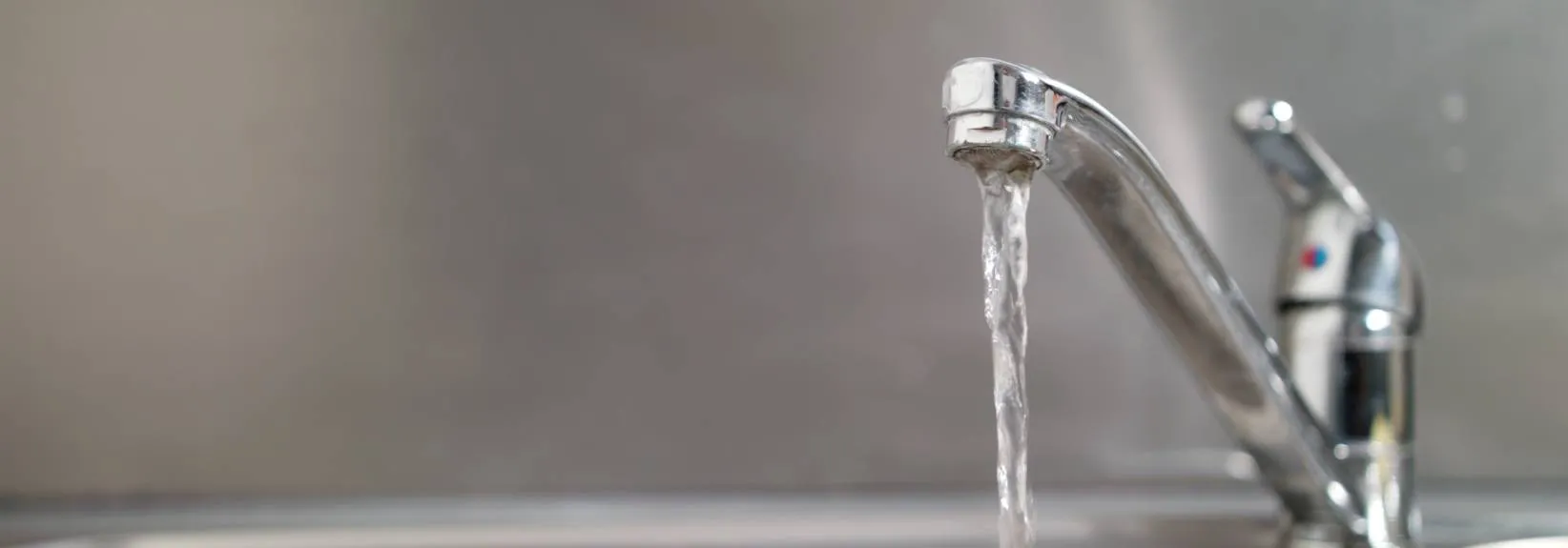
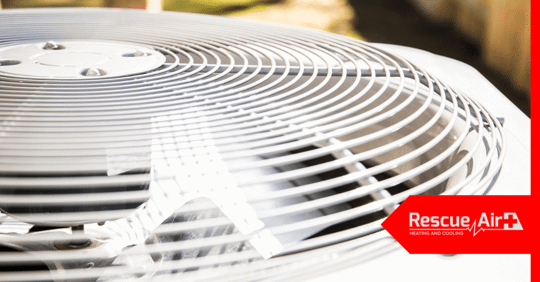
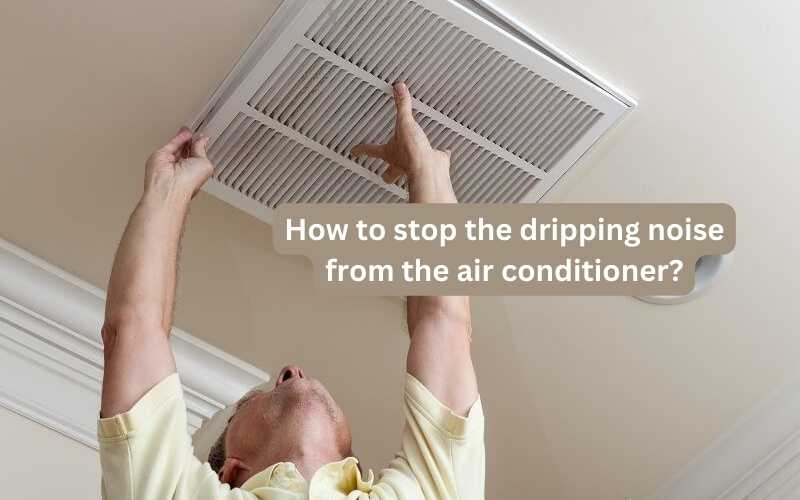
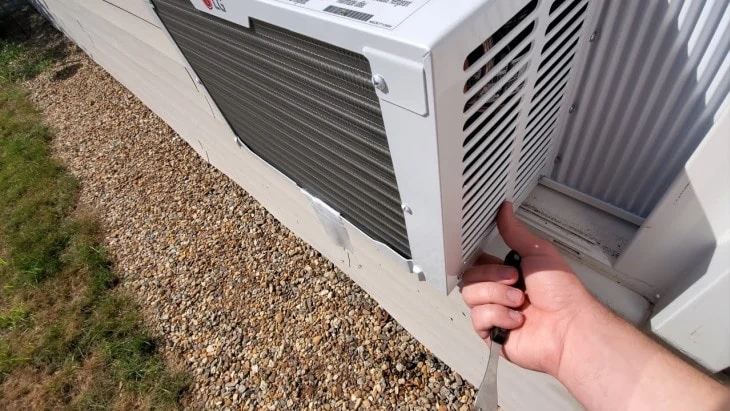
![Air Conditioner Sounds Like Running Water Why is My Window Ac Making Water Noises [Reason & Solution]](https://acsupportspoint.com/wp-content/uploads/2023/10/air-conditioner-sounds-like-water-dripping.jpg)
